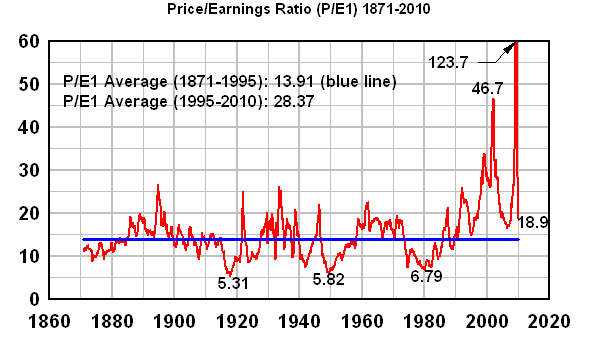http://www.nytimes.com/2011/06/15/busin ... f=businessOLD1953 wrote:There are some underlying assumptions in those tax projections that I question, I think congress overall will prefer to see the cuts extended to the point the US bond is degraded rather than risk losing their jobs to someone else who promises to act irresponsibly insofar as govt income is concerned. Moreover, I seriously doubt a sudden influx of raises will suddenly cause the AMT to affect millions more people, more likely are salary decreases over the next few years. At least, that's what I'm preparing for.
Small businesses, which employ half of the country’s private sector workers, are still struggling to break even. And if the nation’s small companies plan to further delay hiring — or, worse, return to laying off workers, as they now hint they might — there is little hope that the nation’s 14 million idle workers will find gainful employment soon.
In context to light switch comments in forums.
State and local government Michigan operating cost as a percent of GDP
20.9% to 21.9%
Given trends on its way to 25 percent. We will see and we see what way the Feds Are going. And margin's will consume small business
at a alarming rate quicker than we think....
